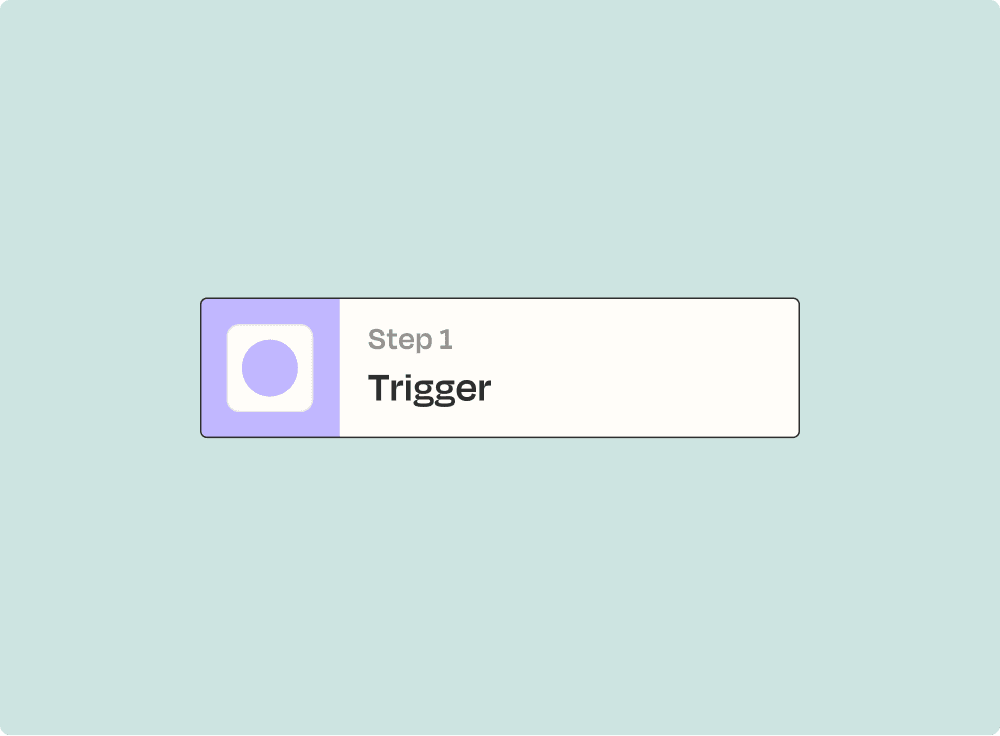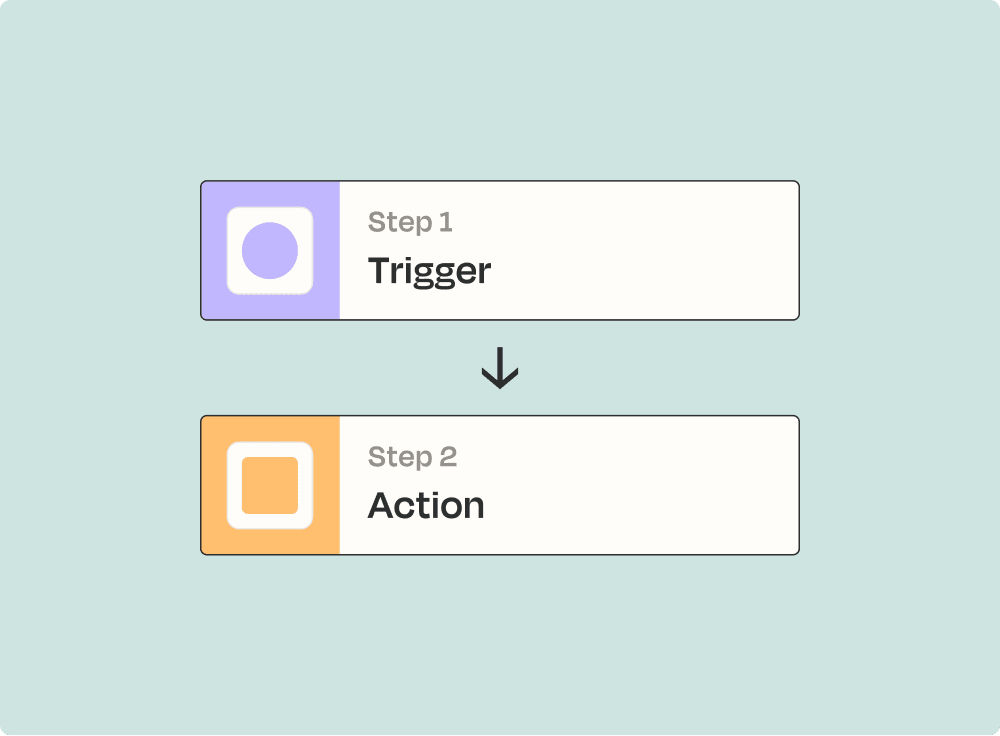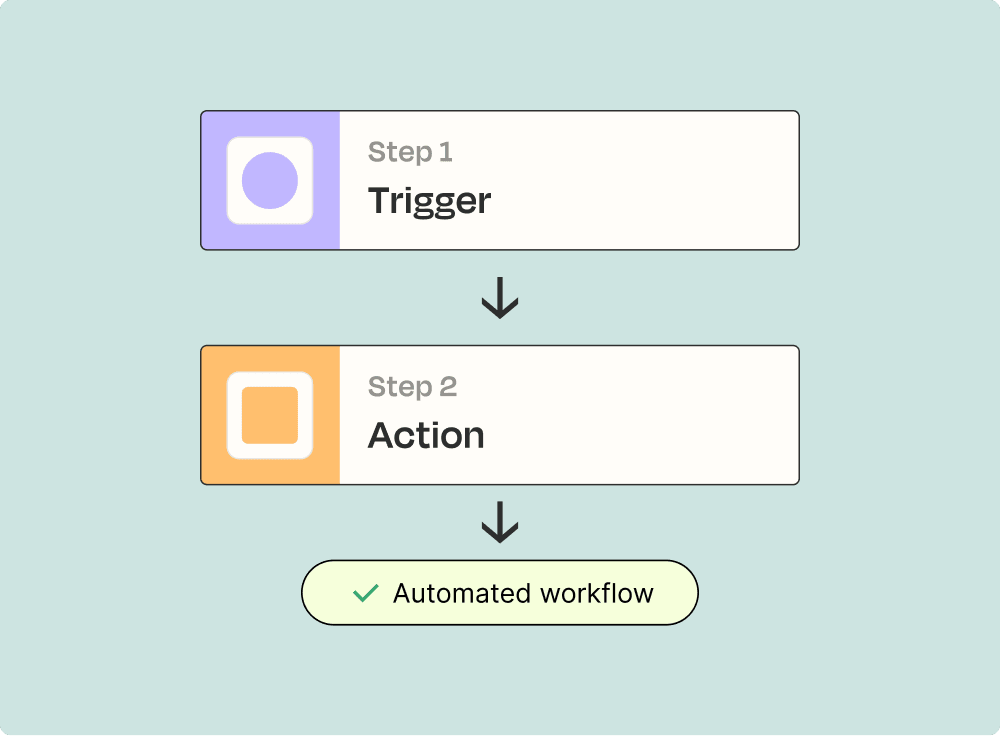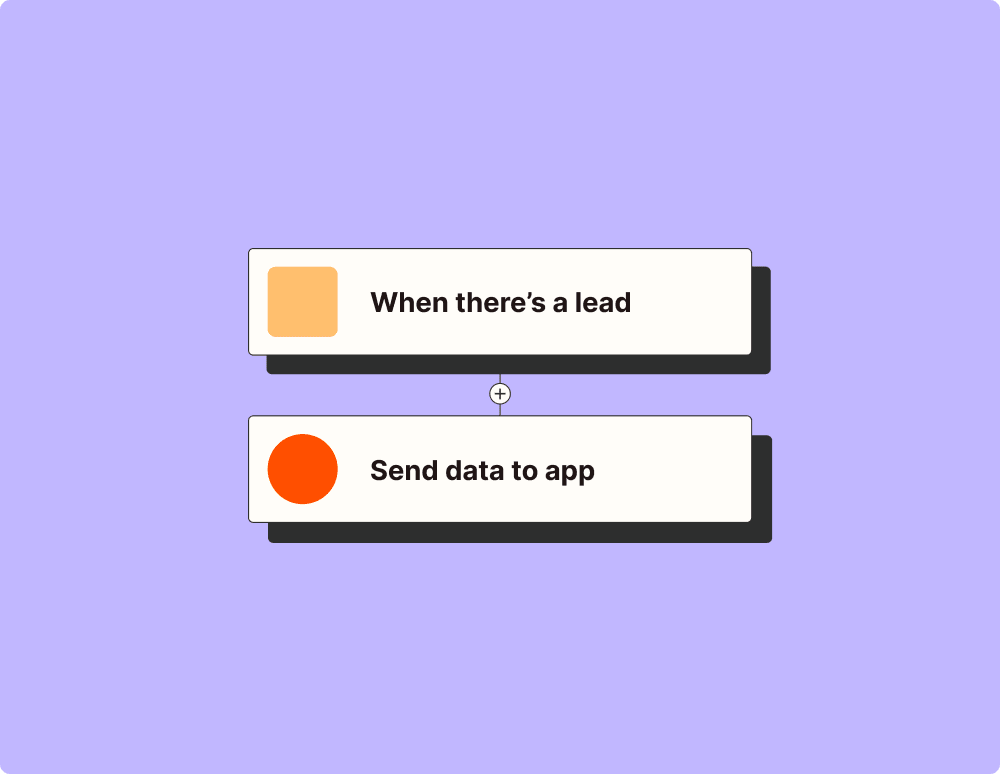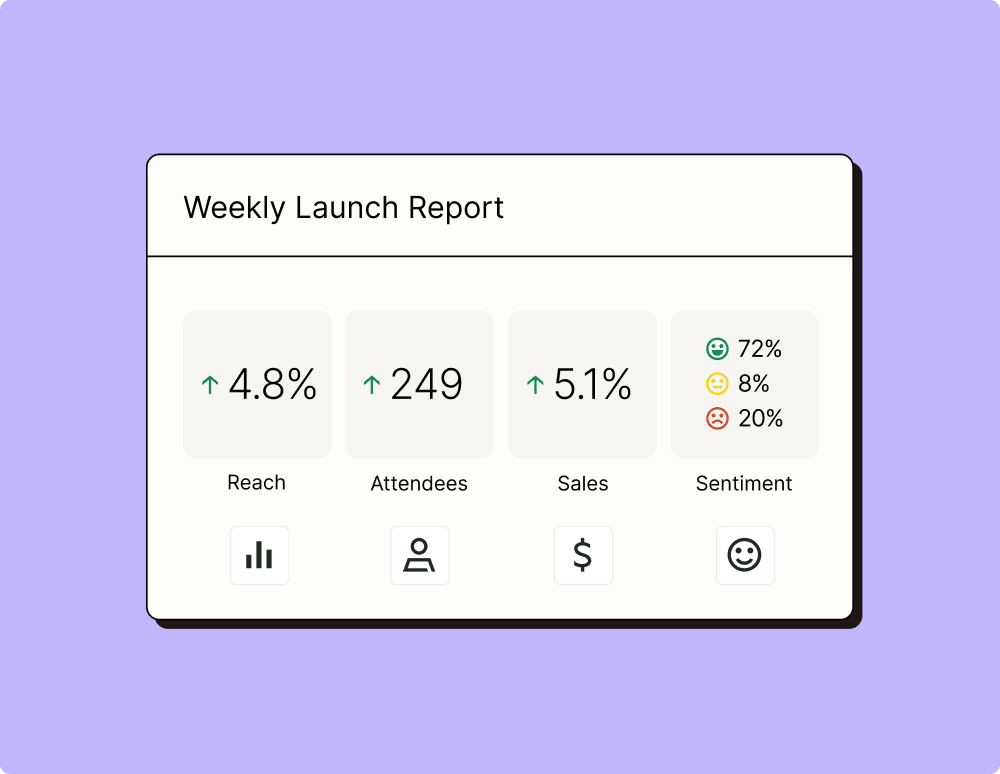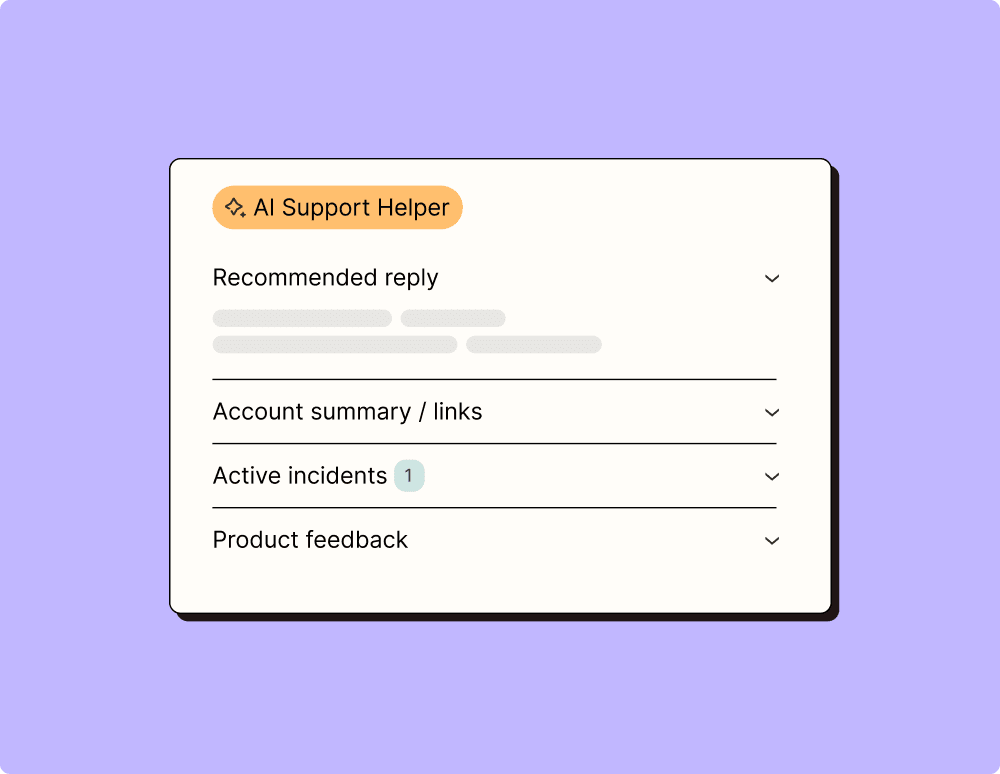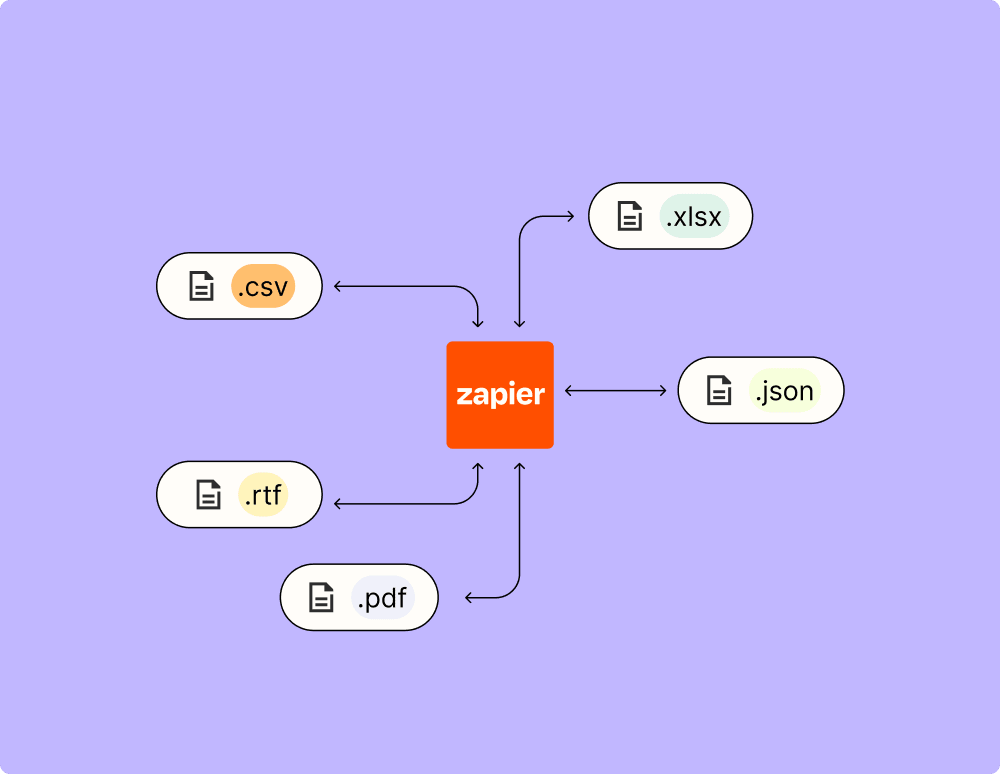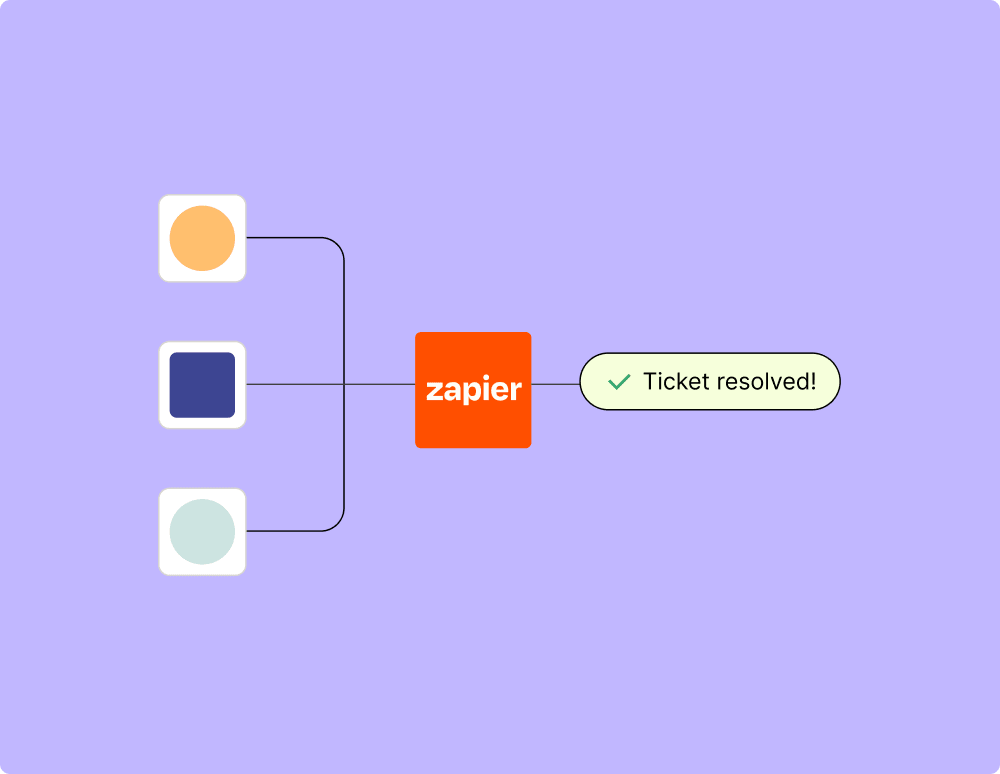Connect Google Calendar and Webhooks by Zapier to unlock the power of automation
- No credit card required
- Free forever for core features
- 14-day trial for premium features and apps
Set up your first integration
Quickly connect Google Calendar to Webhooks by Zapier with a Zapier template.
Our most popular template

How Zapier works
Zapier makes it easy to integrate Google Calendar with Webhooks by Zapier - no code necessary. See how you can get setup in minutes.
Zapier is the automation platform of choice for 87% of Forbes Cloud 100 companies in 2023
93%
Customers who say using Zapier has made them better at their job
25m
Customers have created over 25 million Zaps on the platform
6 mins
The average user takes less than 6 minutes to set up a Zap
Frequently Asked Questions about Google Calendar + Webhooks by Zapier integrations
New to automation with Zapier? You're not alone. Here are some answers to common questions about how Zapier works with Google Calendar and Webhooks by Zapier
What is the purpose of integrating Google Calendar with Webhooks by Zapier?
Integrating Google Calendar with Webhooks by Zapier allows you to automate workflows by using specific triggers in your calendar. For example, you can set up a trigger to send a webhook when an event is created or updated in Google Calendar, allowing seamless communication with other apps through webhooks.
How do I set up a trigger for new events in my Google Calendar?
To set up a trigger for new events in your Google Calendar, you'll need to create a Zap that uses Google Calendar as the trigger app. Choose 'New Event' as the trigger event, and then select which calendar you want this to apply to. Finish by connecting it to your webhook action.
Can I use Webhooks by Zapier for updating existing events in my calendar?
Yes, you can use Webhooks by Zapier to update existing events in your calendar. Set up a Zap that triggers on an 'Event Updated' occurrence in Google Calendar. Then link this trigger with your desired webhook action to notify other platforms of the update.
Is it possible to filter which events send webhooks from my calendar?
Absolutely! You can apply filters within your Zap setup process so only certain events will initiate a webhook. This can be based on criteria like event name, time, or any specific detail you're monitoring.
How does the integration handle deleted events?
With our integration, you can configure webhooks to be triggered even when an event is deleted from your Google Calendar. Set up the 'Event Deleted' trigger within your Zap so that corresponding actions can be taken through webhooks accordingly.
Do I need coding skills to create an integration between Google Calendar and Webhooks by Zapier?
No coding skills are required at all! Our user-friendly interface guides you through selecting triggers and actions, setting up filters if needed, and linking everything through easy steps without touching any code.
What types of data from my Google Calendar event can be sent via webhooks?
You can send various types of data from a Google Calendar event through webhooks. This includes details like event title, time, description, location, attendees, and more depending on what information you've populated within the calendar entry.
Supported triggers and actions
Zapier helps you create workflows that connect your apps to automate repetitive tasks. A trigger is an event that starts a workflow, and an action is an event a Zap performs.
